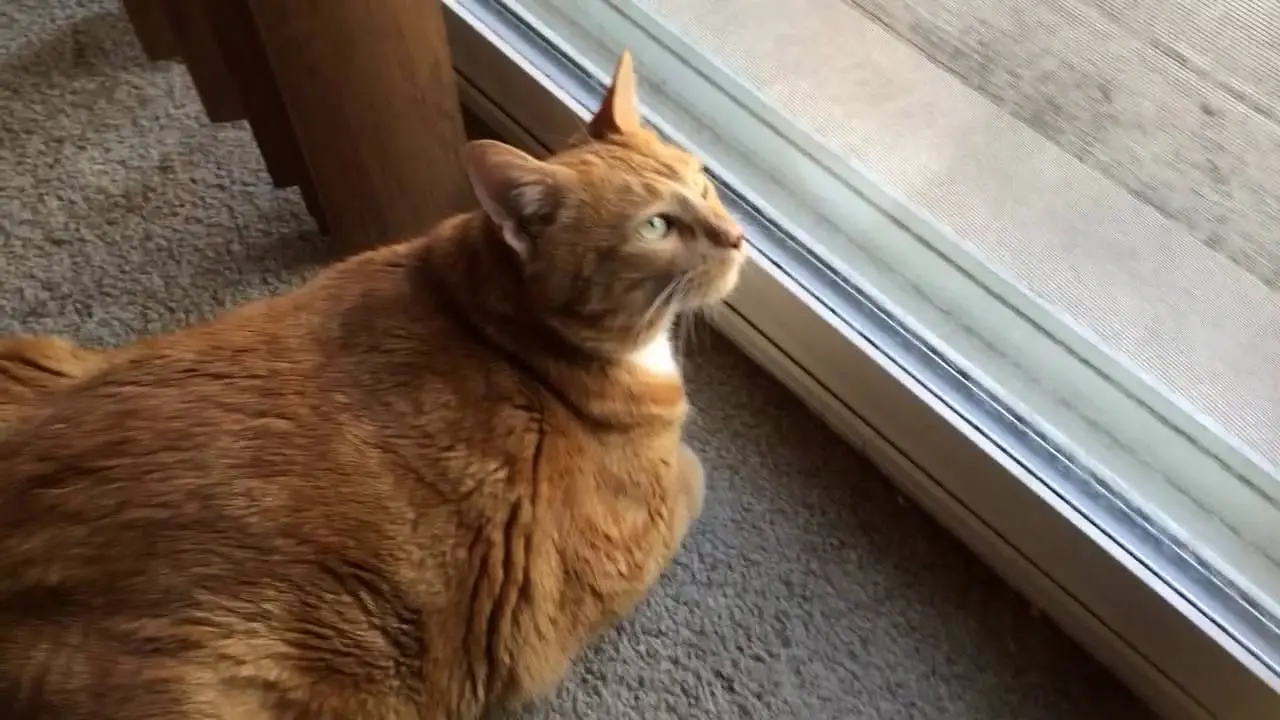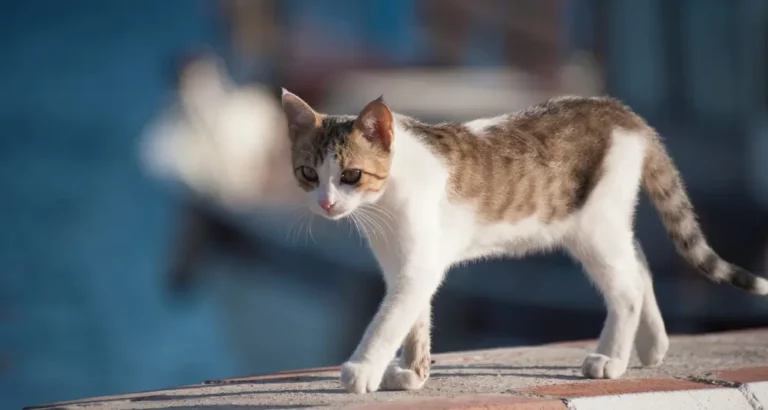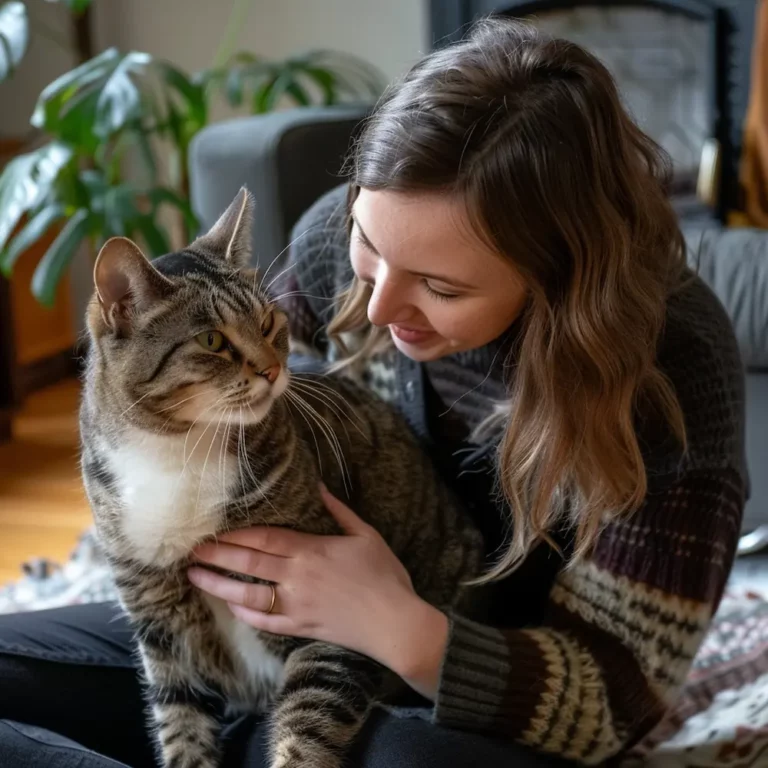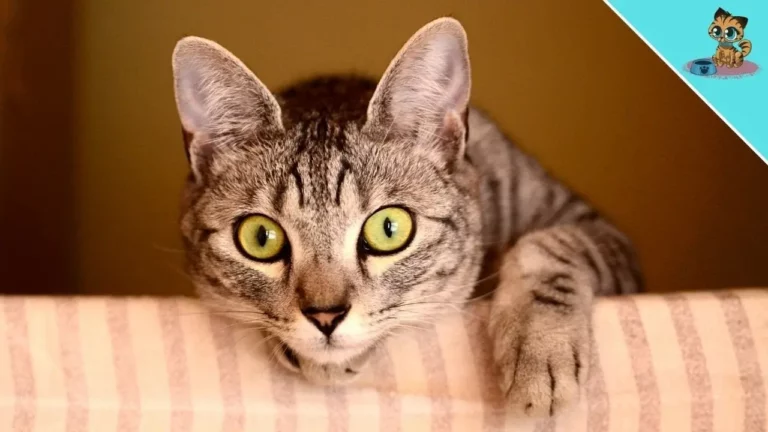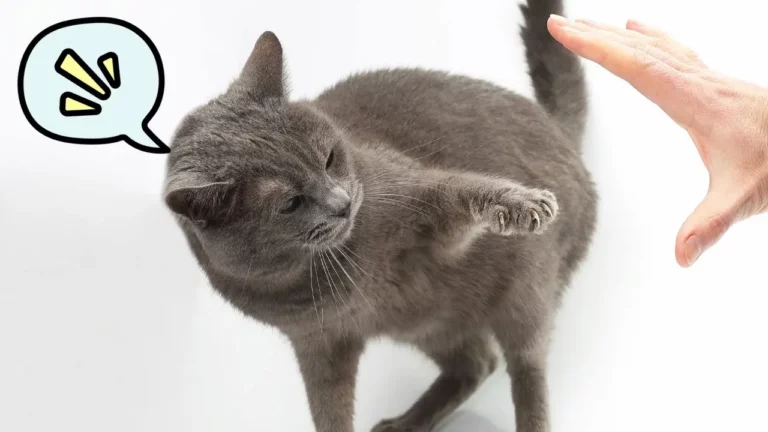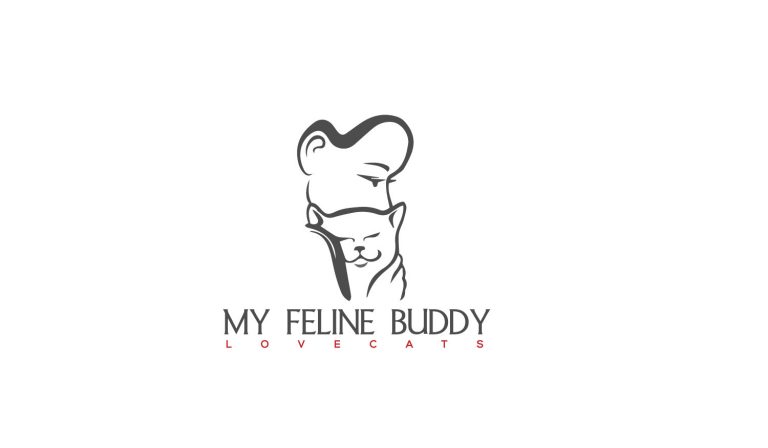Why Are Orange Tabby Cats Fat? Here Are 3 Main Reasons!
When you notice your orange tabby
One key factor is their genetic predisposition, which affects how they metabolize food and store fat.
But genetics aren’t the only culprit; dietary habits play an important role, too.
Many commercial
To understand how you can keep your beloved pet healthy, you’ll want to explore these reasons in more detail.
Genetic Predispositions
When it comes to weight gain in orange tabby cats, genetic predispositions often play a significant role.
Some cats are simply more prone to gaining weight due to their genes.
You might notice that your orange tabby gains weight more easily than other cats, even when they all eat the same amount of food.
This can be frustrating, but it’s important to understand that genetics are at play.
Your orange tabby’s genetic makeup can influence their metabolism, how efficiently they convert food into energy, and how much fat they store.
Certain breeds and coat colors, including orange tabbies, may have a higher likelihood of these traits.
It’s not just about what they eat, but how their bodies process food.
To combat these genetic tendencies, you’ll need to be proactive.
Regular vet check-ups are essential to monitor their weight and overall health. Ask your vet to help you create a personalized weight management plan.
Dietary Habits
You might be surprised at how much your
Many commercial
Prioritize reading the labels on
Overfeeding is another common issue.
It’s easy to give in to those pleading eyes and offer just a little extra kibble or a few more treats.
However, consistently overfeeding can lead to gradual weight gain.
Measuring your
Also, be mindful of treats, as they can quickly add up in calories.
Additionally, cats sometimes overeat out of boredom or stress.
Ensure your orange tabby has a stimulating environment with plenty of toys and activities to keep them engaged.
Providing multiple small meals throughout the day instead of one or two large ones can also help regulate their appetite and prevent overeating.
Activity Levels
Your orange tabby’s activity levels play an essential role in managing their weight gain.
Cats, like people, need regular exercise to stay healthy. If your orange tabby leads a sedentary lifestyle, they’re more likely to pack on the pounds.
Indoor cats, in particular, often don’t get enough physical activity because their environment doesn’t provide as many opportunities for exercise as the outdoors might.
This lack of movement can lead to weight gain and associated health problems.
You might notice that your orange tabby prefers lounging around rather than engaging in playful activities.
It’s important to encourage more movement by providing stimulating toys and setting aside time each day for interactive play.
Laser pointers, feather wands, and puzzle toys can all help get your kitty moving and burning off those extra calories.
Additionally, climbing trees or
Preventive Measures
Implementing preventive measures can greatly decrease the likelihood of your orange tabby gaining excess weight.
Start by monitoring your
Avoid overfeeding, and stick to the recommended portion sizes.
Treats should be given sparingly, as they can add unnecessary calories.
Next, prioritize regular exercise.
Engage your orange tabby in daily play sessions. Use toys that encourage movement, such as laser pointers, feather wands, or balls.
Regular activity helps burn calories and keeps your
You might also consider interactive toys that stimulate their hunting instincts, keeping them physically and mentally active.
Regular vet check-ups are essential.
Your veterinarian can provide personalized advice tailored to your
They can help you track your
Additionally, regular health screenings can catch any underlying issues that might contribute to weight gain.
Conclusion
By understanding the genetic predispositions, dietary habits, and activity levels of orange tabby cats, you can help manage their weight effectively.
Monitor their food intake, choose high-quality
Remember, small changes can make a big difference in their health and happiness. Keep these tips in mind, and your orange tabby will thrive.
